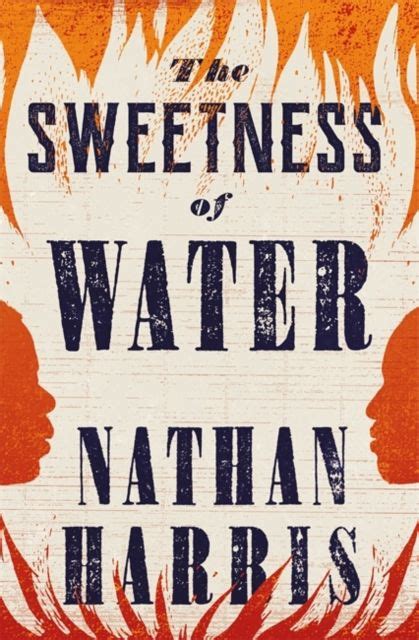SPOILER ALERT
I can remember when I was young, I sometimes deliberately stretched out the ending of a book because I feared that it was going to end badly for the characters. If I just left them there, suspended, the bad thing wouldn’t happen to them. Magical thinking, I know, but that’s very much the way that I felt when I only had about 50 pages of this book left to go. I would make excuses that my reading circumstances weren’t good enough- I was too tired, the light was poor, I’d enjoy it better tomorrow – but I know that it was because I feared the ending.
Over the last 18 months or so, I have been remediating my dearth of knowledge about American history by listening to Heather Cox Richardson’s history videos on Facebook. I really knew very little about the Reconstruction era: that 13 year period between 1863 and 1877 immediately following the American Civil War. The whole concept of a civil war chills me, with the contortions of morality and identity that must take place in order to be able to fight someone who shares language, place, experience. And then when it stops- what then? How do you step back from that?
Old Ox is a small town in Georgia, staunchly Confederate during the war, and resentful and broken afterwards. Emancipation has seen formerly enslaved people suddenly free, but without resources, money or plans. Many of them stay in Old Ox, some still living and working for their former owners, others building shanties under the eaves and in the alley-ways of the buildings in the town. Landry and Prentiss are hiding out in the woods where they are discovered by George Walker, a small-scale white farmer. They agree to work on George’s farm, planting peanuts, in return for shelter in the barn, food and a wage. They had been enslaved on a nearby plantation, and the cruelty of the owner, Ted Morton, had stripped Landry of speech. The brothers dream of finding their mother, who had been sold, and now that they can earn some money, they have a chance of doing so.
George’s sudden plan to plant peanuts is triggered by his need to turn his hand to something. He and his wife Isabelle are mute in their grief for their son, lost in the war. Never particularly close, now Isabelle in particular is engulfed by mourning, and largely oblivious to the two men in the barn, and George’s absence working the land by day.
Suddenly their son Caleb returns. He has sustained facial injuries, which we learn are not a battle injury, but instead meted out for desertion. His childhood friend- indeed, more than a friend- August had visited Caleb’s parents earlier to inform them of their son’s supposed death, and their secret sexual relationship starts up again. When they are discovered, a whole cascade of events is triggered, leading to George, Caleb and Prentiss fleeing north.
This is a beautifully told book. It has a slightly formal, 19th century lilt to the language and it’s hard to believe that the author is only 29. The characters have complexity, although George’s confidante, the prostitute Clementine, is less well drawn. It captures well this liminal time, when the gaping newness had not yet solidified into inevitability. It was long-listed for the Booker Prize, but it didn’t make the cut. It did make it as an Oprah Book Club read, for what it’s worth.
I really enjoyed it – once I had the courage to finish it.
Sourced from: Yarra Plenty Regional Library
My rating: 9/10


I haven’t seen many other reviews for this, but I loved it too. I really enjoyed the writing too and was fascinated by this era of history I knew very little about.
Pingback: My best reads for 2021 | The Resident Judge of Port Phillip
Pingback: Six degrees of separation: between ‘No-one is Talking about This’ and …. | The Resident Judge of Port Phillip